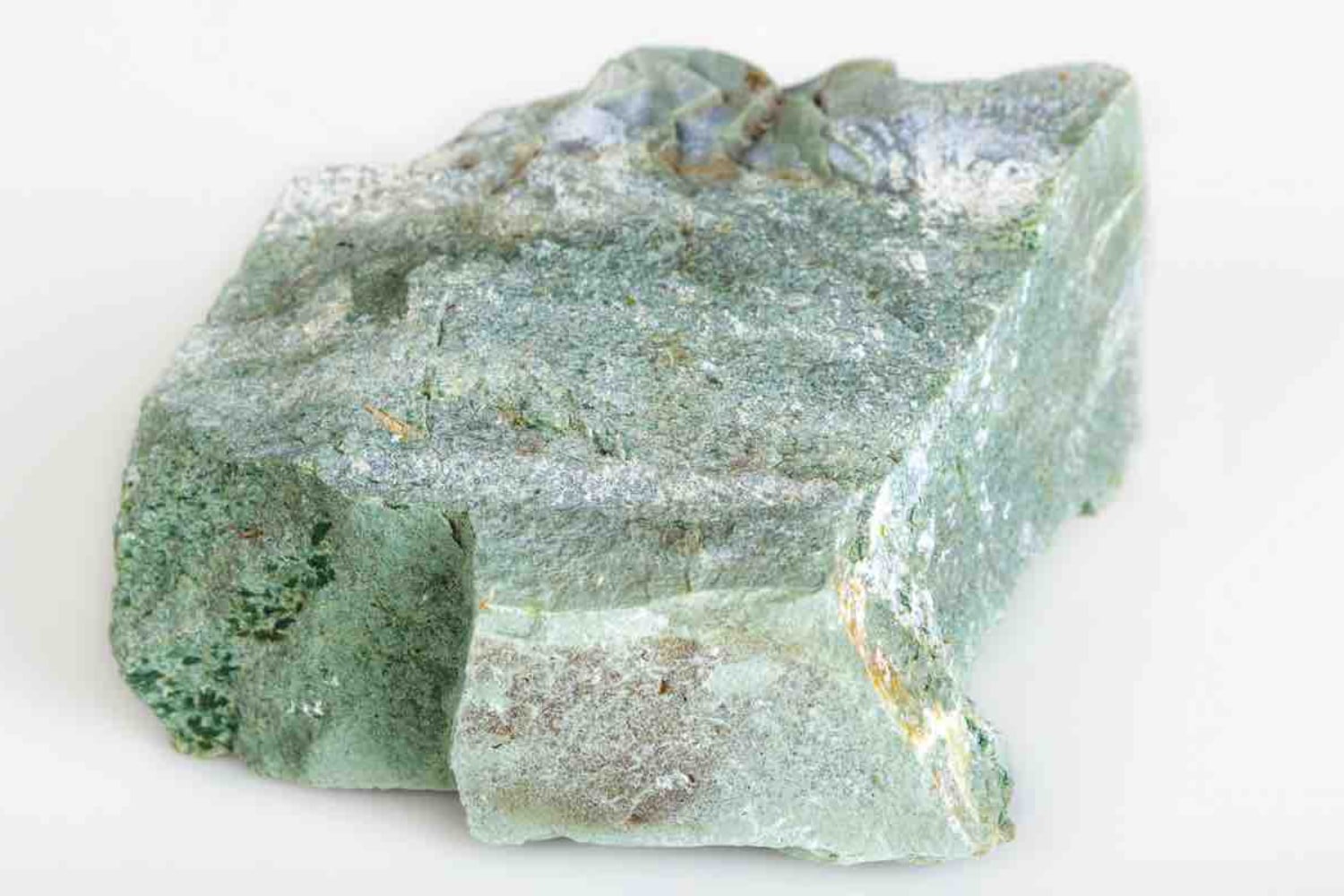
Redox Status - Health Consequences Unknown Until It's Too Late
Redox status is often not sufficiently understood by many who study the influence of the oxidative stress in the body. Known also as redox homeostasis, redox status is a factor of balance in the production process of our cells.
As a part of the body’s metabolism, our cells produce both oxidants and antioxidants. A good ratio between these two is called redox status.
What's In This Article
Oxidants Vs. Antioxidants - The Cells' Health Game
Oxidants are produced when we eat processed foods high in sugars and saturated with fat. They are also created in the body due to a diet rich in carbohydrates, as well as by consuming alcohol, smoking cigarettes and other similar products. They are also produced by exposure to radiation.
Oxidants build up oxidative stress in the body and create a metabolic environment that is damaging to cellular molecules in our bodies. They can harm our DNA, lipids and cellular protein functions, and they can cause diseases and inflammation.
Too many oxidants and other reactive oxygen species (like free radicals) in the body can impair our cell functions and reduce the normal and essential metabolic processes which keep us healthy.
Oxidative Stress - An Unbalanced State In Our Cells
When the metabolic processes in our cells produce too many oxidants — thereby exceeding our antioxidant capacity — the scale of our healthy balance tips toward low immunity, inflammation and disease.
Without us knowing it, oxidative stress may bring us to our knees and cause serious health issues like obesity, atherosclerosis, hypertension, heart disease, diabetes or cancer. Oxidative stress contributes to accelerated aging and to losing the vital energy that keeps us strong, healthy and motivated.
Oxidative stress can cause cell membrane damage. Ultimately, it can cause premature cell death. When cells in the body die untimely, the result can be the development of multiple health issues and a general, damaged physical condition.
Some symptoms that show signs of oxidative stress can be:
– memory loss
– sensitivity to noise
– lack of concentration
– unclear thoughts
– constant fatigue
– blurred vision after work
– joint pain and inflammation
– muscle pain
– headaches
– weak protection against infections
– the appearance of chronic diseases
– disposition to illness
– easily getting stressed
– the feeling of anxiety
All of these troubles could be the result of increased level of oxidants in the body. And these oxidants are produced by our cells.
Interestingly, our cells provide structure to our body, they process nutrients from food, they give us energy and they keep us alive. However, they also produce by-products that can kill us. When oxidant levels are high, our redox status is affected negatively.
Antioxidants - Cell Protectors
On the other side, antioxidants prevent oxidants from damaging our bodies and from killing us in the process of trying to make us stay alive. They protect our cells from oxidants and from free radicals. They keep us healthy.
Free radicals are unstable molecules which cause damage to our cells, our cell membranes and our DNA. They can trigger a number of diseases and make us fall sick. Their target is the body’s many different molecules, such as lipids and proteins.
Antioxidants, unlike oxidants, are very stable molecules, so much so that they can “donate” an electron to free radicals and thus neutralize them. When free radicals receive an electron from an antioxidant, their power to damage our bodies vanishes.
Antioxidants also postpone and slow down cell damage by their unique ability to search out and hunt down free radicals. They destroy free radicals before molecular damage takes place.
Antioxidants keep us healthy, full of energy, mentally alert and provide good brain health. They keep our redox status at equilibrium, they strengthen our eyes, and they support natural, healthy aging.
Nonetheless, too many antioxidants in the body can also cause health issues such as:
– constipation
– diarrhea
– an upset stomach
– risks of prostate cancer
– strokes, including hemorrhagic strokes.
– lung cancer
In excessive, high doses, antioxidants can even cause death.
Redox Status - The Symmetry Of Health
To prevent both of the above mentioned extremes to take place, mother nature has provided us with a redox status in our bodies that balances the amount of oxidants as well as the amount of antioxidants. When we are in situated that normal, balanced redox status, out health is good.
Our redox status is always active, tirelessly working to neutralize and regulate the level of reactive oxygen species in our bodies.
The ideal positive situation for our health is when we can have our oxidants and antioxidants remain in a balanced, evenly proportionate state.
When our cells are in a good redox state (in a redox homeostasis) the sky is blue and our life is happy once again.
How To Balance Redox Status with ZeoRise Zeolite
Due to its microporous cage-like structure the tribomechanically activated zeolite clinoptilolite has ability to attract and dispose free radicals from the cells and reduce the oxidant level in the cells.
Antioxidants reduce the harming energy of radicals and interrupt oxidation chain reactions, while zeolite attracts and captures free radicals in its complex structure, deactivates them, and then eliminates them from the body.
In this way, zeolite significantly accelerates and complements the performance of antioxidants. Zeolite helps to achieve optimal redox status or the good balance between oxidants and antioxidants in our bodies.
By using ZeoRise zeolite anybody can contribute to a better function of the cells and when our cells perform well, we are healthy.
